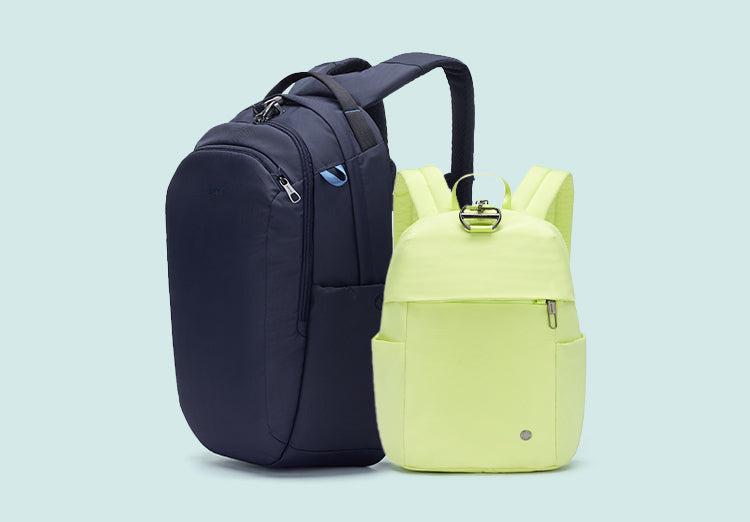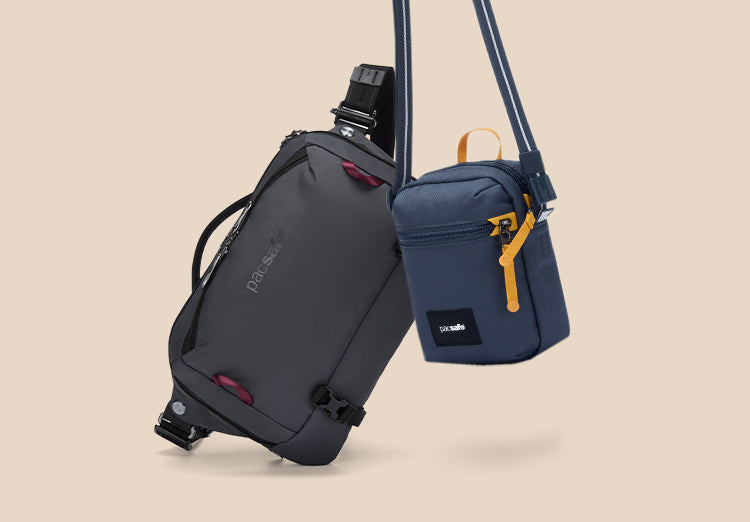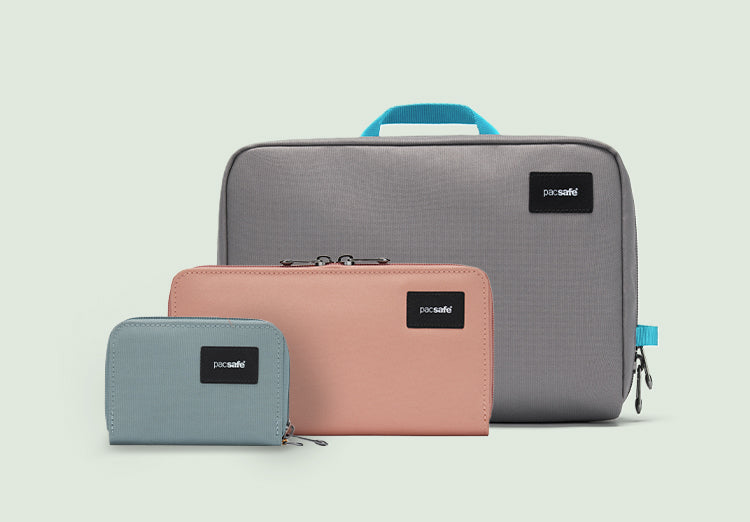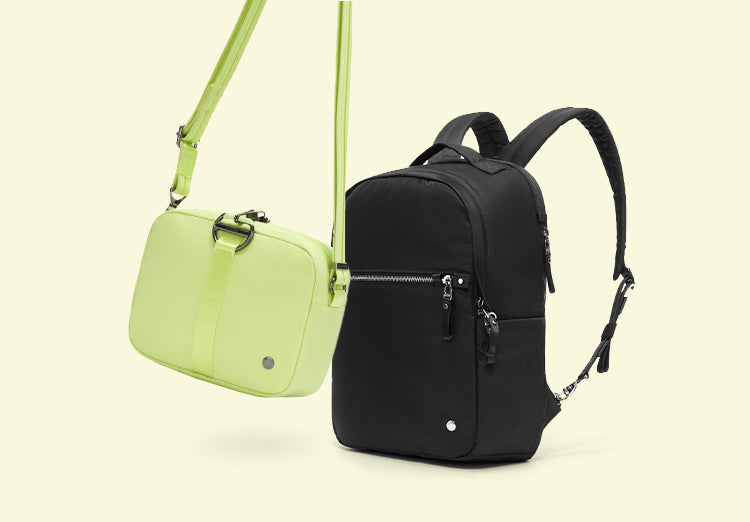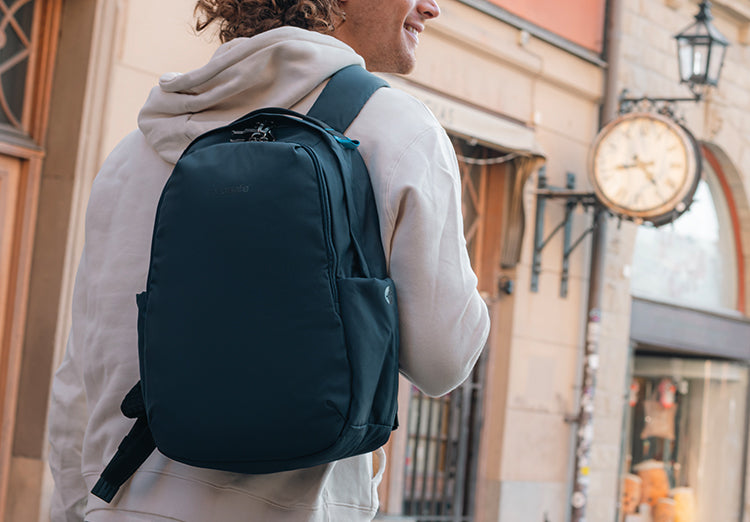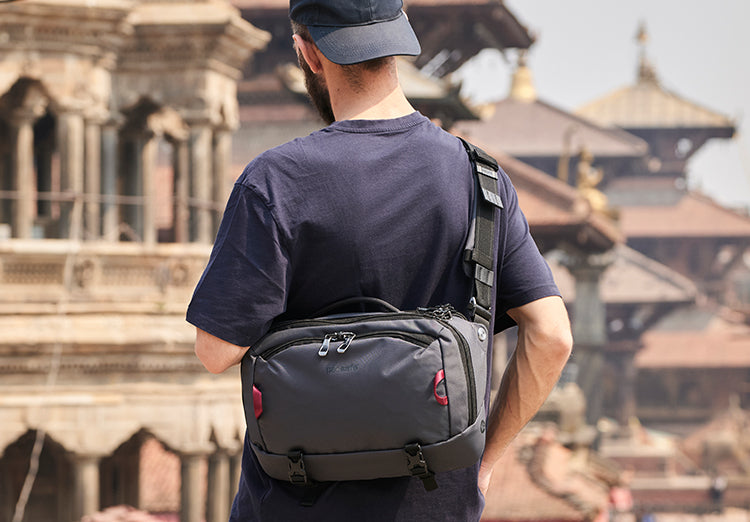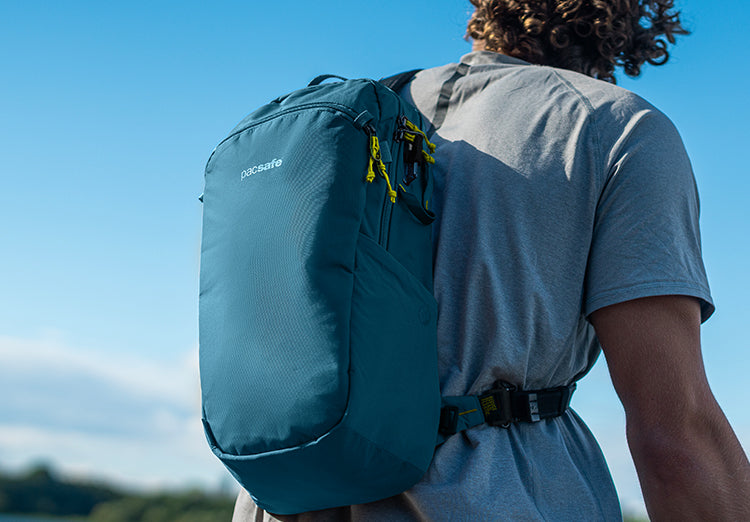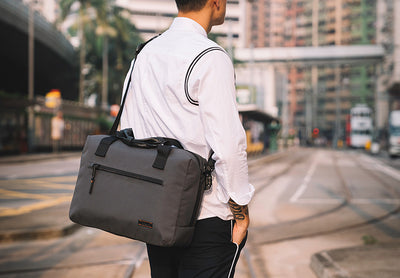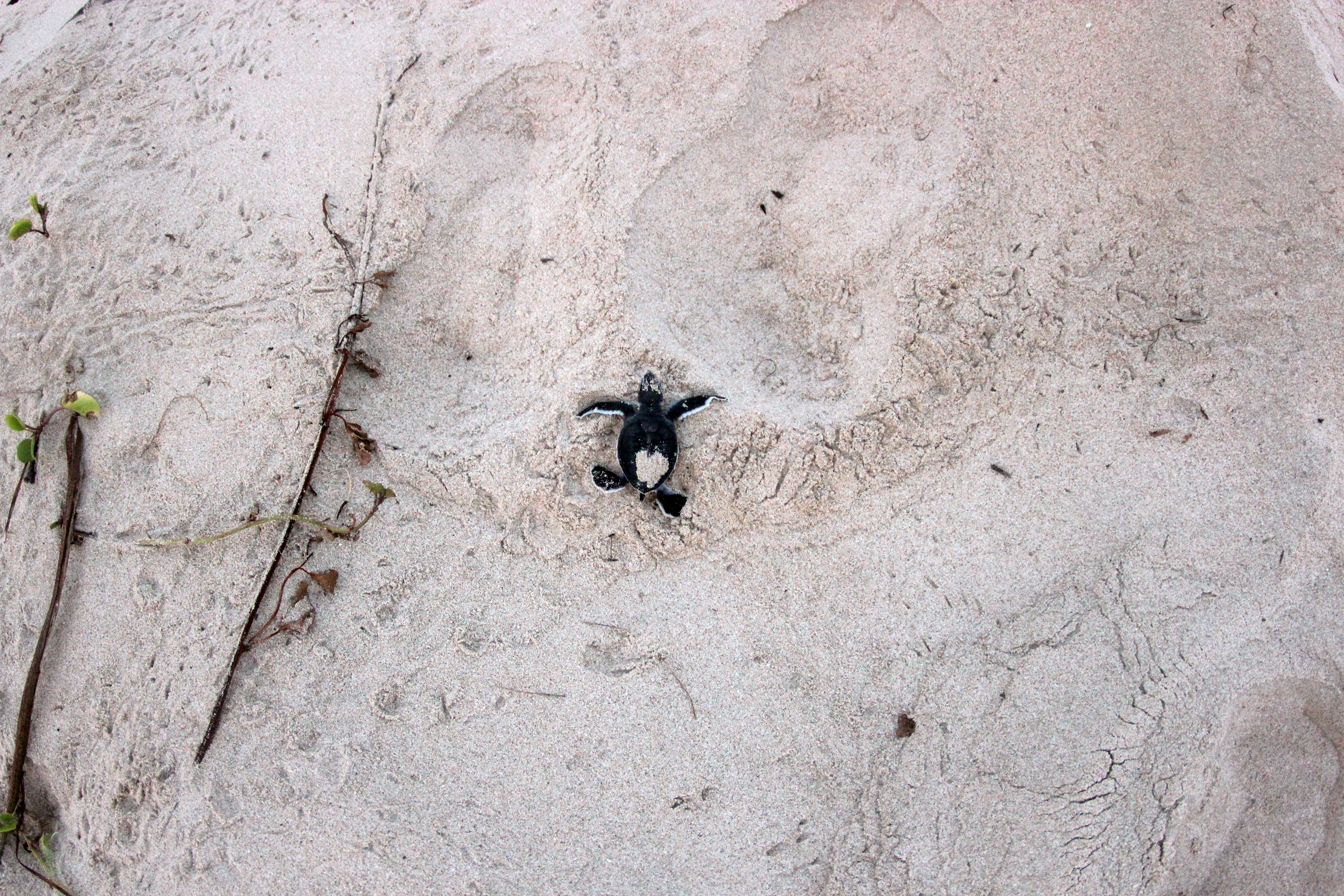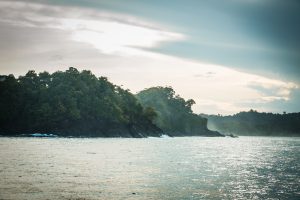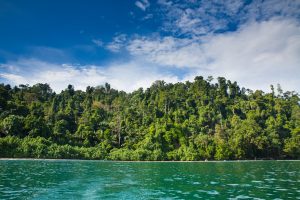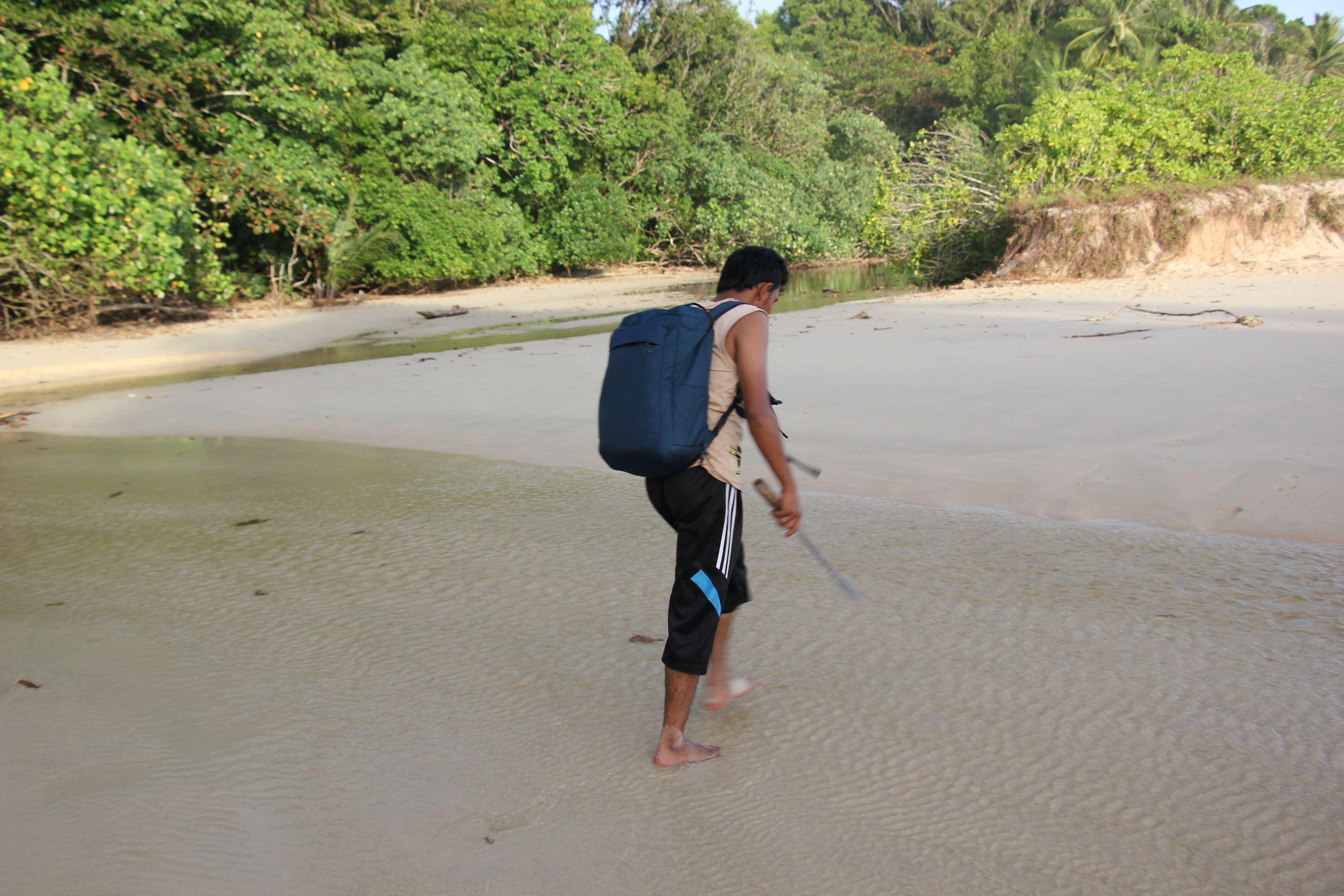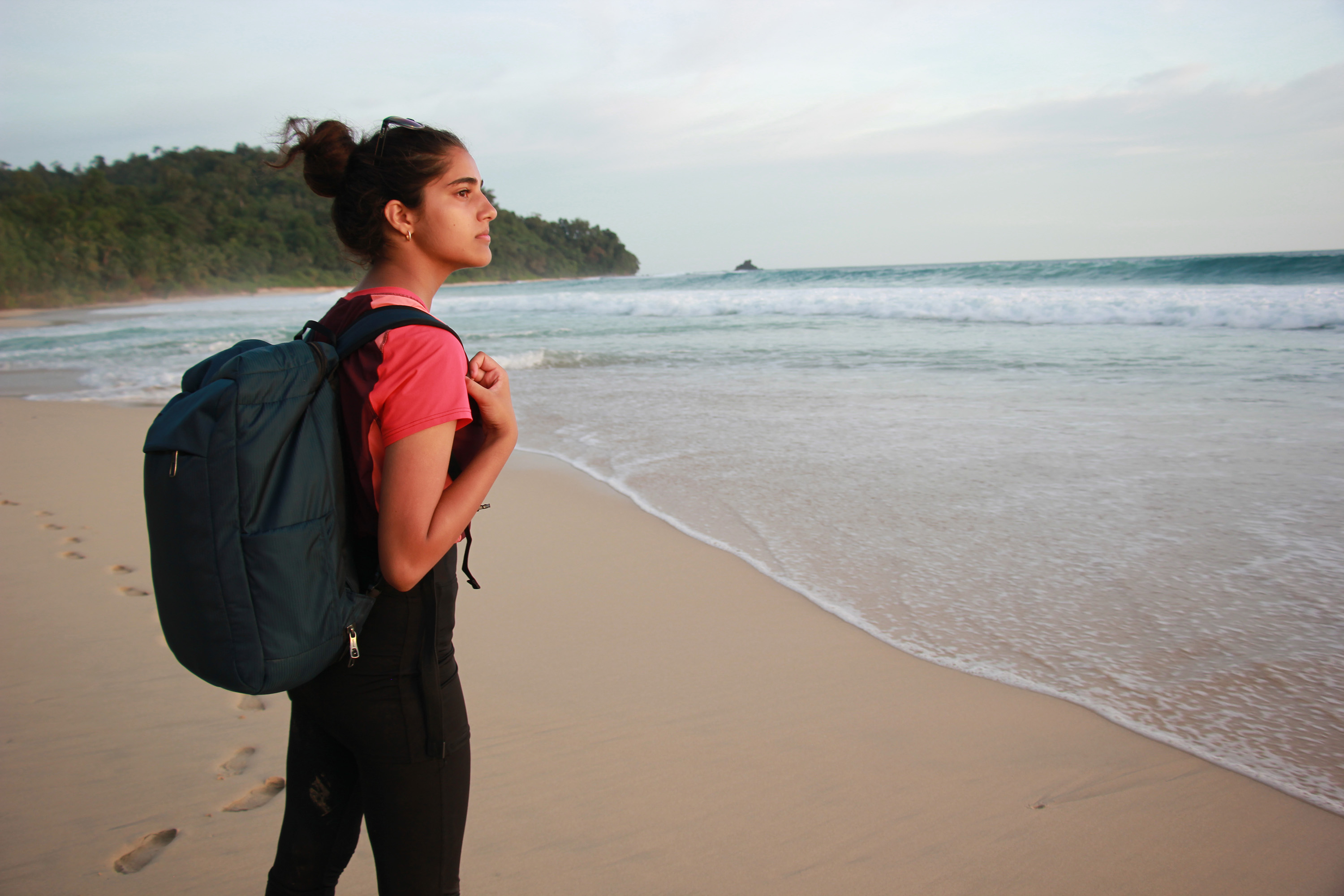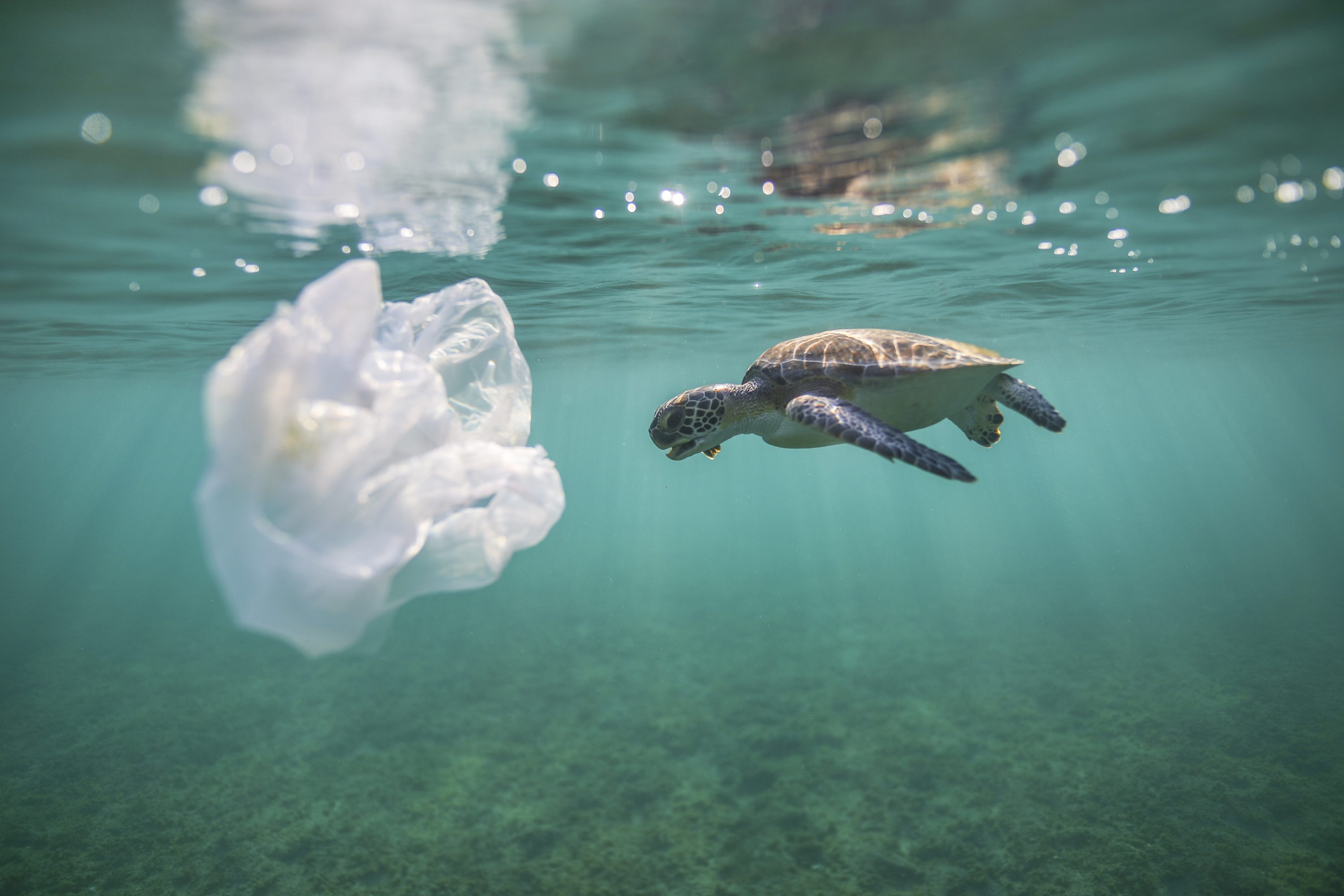Melde dich für unseren Newsletter an und erhalte 10% Rabatt auf deine erste Bestellung.|Kostenloser Versand nach Österreich für Bestellungen über 100 EUR. Es gelten die AGB.
Melde dich für unseren Newsletter an und erhalte 10% Rabatt auf deine erste Bestellung.|Kostenloser Versand nach Belgien für Bestellungen über 200 EUR. Es gelten die AGB.
Melde dich für unseren Newsletter an und erhalte 10% Rabatt auf deine erste Bestellung.|Kostenloser Versand nach Deutschland für Bestellungen über 100 EUR. Es gelten die AGB.
Melde dich für unseren Newsletter an und erhalte 10% Rabatt auf deine erste Bestellung.|Kostenloser Versand nach Spanien für Bestellungen über 100 EUR. Es gelten die AGB.
Melde dich für unseren Newsletter an und erhalte 10% Rabatt auf deine erste Bestellung.|Kostenloser Versand nach Frankfreich für Bestellungen über 100 EUR. Es gelten die AGB.
Melde dich für unseren Newsletter an und erhalte 10% Rabatt auf deine erste Bestellung.|Kostenloser Versand nach Italien für Bestellungen über 100 EUR. Es gelten die AGB.
Melde dich für unseren Newsletter an und erhalte 10% Rabatt auf deine erste Bestellung.|Kostenloser Versand nach Schweden für Bestellungen über 100 EUR. Es gelten die AGB.
Melde dich für unseren Newsletter an und erhalte 10% Rabatt auf deine erste Bestellung.|Kostenloser Versand nach Bulgarien für Bestellungen über 100 EUR. Es gelten die AGB.
Melde dich für unseren Newsletter an und erhalte 10% Rabatt auf deine erste Bestellung.|Kostenloser Versand nach Dänermark für Bestellungen über 100 EUR. Es gelten die AGB.
Melde dich für unseren Newsletter an und erhalte 10% Rabatt auf deine erste Bestellung.|Kostenloser Versand nach Tschechien für Bestellungen über 100 EUR. Es gelten die AGB.
Melde dich für unseren Newsletter an und erhalte 10% Rabatt auf deine erste Bestellung.|Kostenloser Versand nach Estland für Bestellungen über 200 EUR. Es gelten die AGB.
Melde dich für unseren Newsletter an und erhalte 10% Rabatt auf deine erste Bestellung.|Kostenloser Versand nach Finnland für Bestellungen über 200 EUR. Es gelten die AGB.
Melde dich für unseren Newsletter an und erhalte 10% Rabatt auf deine erste Bestellung.|Kostenloser Versand nach Griechenland für Bestellungen über 200 EUR. Es gelten die AGB.
Melde dich für unseren Newsletter an und erhalte 10% Rabatt auf deine erste Bestellung.|Kostenloser Versand nach Ungarn für Bestellungen über 200 EUR. Es gelten die AGB.
Melde dich für unseren Newsletter an und erhalte 10% Rabatt auf deine erste Bestellung.|Kostenloser Versand nach Irland für Bestellungen über 200 EUR. Es gelten die AGB.
Melde dich für unseren Newsletter an und erhalte 10% Rabatt auf deine erste Bestellung.|Kostenloser Versand nach Italien für Bestellungen über 100 EUR. Es gelten die AGB.
Melde dich für unseren Newsletter an und erhalte 10% Rabatt auf deine erste Bestellung.|Kostenloser Versand nach Luxemburg für Bestellungen über 200 EUR. Es gelten die AGB.
Melde dich für unseren Newsletter an und erhalte 10% Rabatt auf deine erste Bestellung.|Kostenloser Versand nach Lettland für Bestellungen über 200 EUR. Es gelten die AGB.
Melde dich für unseren Newsletter an und erhalte 10% Rabatt auf deine erste Bestellung.|Kostenloser Versand nach Polen für Bestellungen über 200 EUR. Es gelten die AGB.
Melde dich für unseren Newsletter an und erhalte 10% Rabatt auf deine erste Bestellung.|Kostenloser Versand nach Portugal für Bestellungen über 200 EUR. Es gelten die AGB.
Melde dich für unseren Newsletter an und erhalte 10% Rabatt auf deine erste Bestellung.|Kostenloser Versand nach Slowenien für Bestellungen über 200 EUR. Es gelten die AGB.
Melde dich für unseren Newsletter an und erhalte 10% Rabatt auf deine erste Bestellung.|Kostenloser Versand in die Slowakei für Bestellungen über 200 EUR. Es gelten die AGB.
Melde dich für unseren Newsletter an und erhalte 10% Rabatt auf deine erste Bestellung.|Kostenloser Versand nach Zypern für Bestellungen über 200 EUR. Es gelten die AGB.
Melde dich für unseren Newsletter an und erhalte 10% Rabatt auf deine erste Bestellung.|Kostenloser Versand nach Malta für Bestellungen über 200 EUR. Es gelten die AGB.
Melde dich für unseren Newsletter an und erhalte 10% Rabatt auf deine erste Bestellung.|Kostenloser Versand nach Rumänien für Bestellungen über 200 EUR. Es gelten die AGB.
Europa | Versand in ausgewählte EU-Länder. Für andere Versandziele, bitte hier klicken.Melde dich für unseren Newsletter an und erhalte 10% Rabatt auf deine erste Bestellung.|Kostenloser Versand nach Österreich für Bestellungen über 100 EUR. Es gelten die AGB.
Melde dich für unseren Newsletter an und erhalte 10% Rabatt auf deine erste Bestellung.|Kostenloser Versand nach Belgien für Bestellungen über 200 EUR. Es gelten die AGB.
Melde dich für unseren Newsletter an und erhalte 10% Rabatt auf deine erste Bestellung.|Kostenloser Versand nach Deutschland für Bestellungen über 100 EUR. Es gelten die AGB.
Melde dich für unseren Newsletter an und erhalte 10% Rabatt auf deine erste Bestellung.|Kostenloser Versand nach Spanien für Bestellungen über 100 EUR. Es gelten die AGB.
Melde dich für unseren Newsletter an und erhalte 10% Rabatt auf deine erste Bestellung.|Kostenloser Versand nach Frankfreich für Bestellungen über 100 EUR. Es gelten die AGB.
Melde dich für unseren Newsletter an und erhalte 10% Rabatt auf deine erste Bestellung.|Kostenloser Versand nach Italien für Bestellungen über 100 EUR. Es gelten die AGB.
Melde dich für unseren Newsletter an und erhalte 10% Rabatt auf deine erste Bestellung.|Kostenloser Versand nach Schweden für Bestellungen über 100 EUR. Es gelten die AGB.
Melde dich für unseren Newsletter an und erhalte 10% Rabatt auf deine erste Bestellung.|Kostenloser Versand nach Bulgarien für Bestellungen über 100 EUR. Es gelten die AGB.
Melde dich für unseren Newsletter an und erhalte 10% Rabatt auf deine erste Bestellung.|Kostenloser Versand nach Dänermark für Bestellungen über 100 EUR. Es gelten die AGB.
Melde dich für unseren Newsletter an und erhalte 10% Rabatt auf deine erste Bestellung.|Kostenloser Versand nach Tschechien für Bestellungen über 100 EUR. Es gelten die AGB.
Melde dich für unseren Newsletter an und erhalte 10% Rabatt auf deine erste Bestellung.|Kostenloser Versand nach Estland für Bestellungen über 200 EUR. Es gelten die AGB.
Melde dich für unseren Newsletter an und erhalte 10% Rabatt auf deine erste Bestellung.|Kostenloser Versand nach Finnland für Bestellungen über 200 EUR. Es gelten die AGB.
Melde dich für unseren Newsletter an und erhalte 10% Rabatt auf deine erste Bestellung.|Kostenloser Versand nach Griechenland für Bestellungen über 200 EUR. Es gelten die AGB.
Melde dich für unseren Newsletter an und erhalte 10% Rabatt auf deine erste Bestellung.|Kostenloser Versand nach Ungarn für Bestellungen über 200 EUR. Es gelten die AGB.
Melde dich für unseren Newsletter an und erhalte 10% Rabatt auf deine erste Bestellung.|Kostenloser Versand nach Irland für Bestellungen über 200 EUR. Es gelten die AGB.
Melde dich für unseren Newsletter an und erhalte 10% Rabatt auf deine erste Bestellung.|Kostenloser Versand nach Italien für Bestellungen über 100 EUR. Es gelten die AGB.
Melde dich für unseren Newsletter an und erhalte 10% Rabatt auf deine erste Bestellung.|Kostenloser Versand nach Luxemburg für Bestellungen über 200 EUR. Es gelten die AGB.
Melde dich für unseren Newsletter an und erhalte 10% Rabatt auf deine erste Bestellung.|Kostenloser Versand nach Lettland für Bestellungen über 200 EUR. Es gelten die AGB.
Melde dich für unseren Newsletter an und erhalte 10% Rabatt auf deine erste Bestellung.|Kostenloser Versand nach Polen für Bestellungen über 200 EUR. Es gelten die AGB.
Melde dich für unseren Newsletter an und erhalte 10% Rabatt auf deine erste Bestellung.|Kostenloser Versand nach Portugal für Bestellungen über 200 EUR. Es gelten die AGB.
Melde dich für unseren Newsletter an und erhalte 10% Rabatt auf deine erste Bestellung.|Kostenloser Versand nach Slowenien für Bestellungen über 200 EUR. Es gelten die AGB.
Melde dich für unseren Newsletter an und erhalte 10% Rabatt auf deine erste Bestellung.|Kostenloser Versand in die Slowakei für Bestellungen über 200 EUR. Es gelten die AGB.
Melde dich für unseren Newsletter an und erhalte 10% Rabatt auf deine erste Bestellung.|Kostenloser Versand nach Zypern für Bestellungen über 200 EUR. Es gelten die AGB.
Melde dich für unseren Newsletter an und erhalte 10% Rabatt auf deine erste Bestellung.|Kostenloser Versand nach Malta für Bestellungen über 200 EUR. Es gelten die AGB.
Melde dich für unseren Newsletter an und erhalte 10% Rabatt auf deine erste Bestellung.|Kostenloser Versand nach Rumänien für Bestellungen über 200 EUR. Es gelten die AGB.
Europa | Versand in ausgewählte EU-Länder. Für andere Versandziele, bitte hier klicken.

